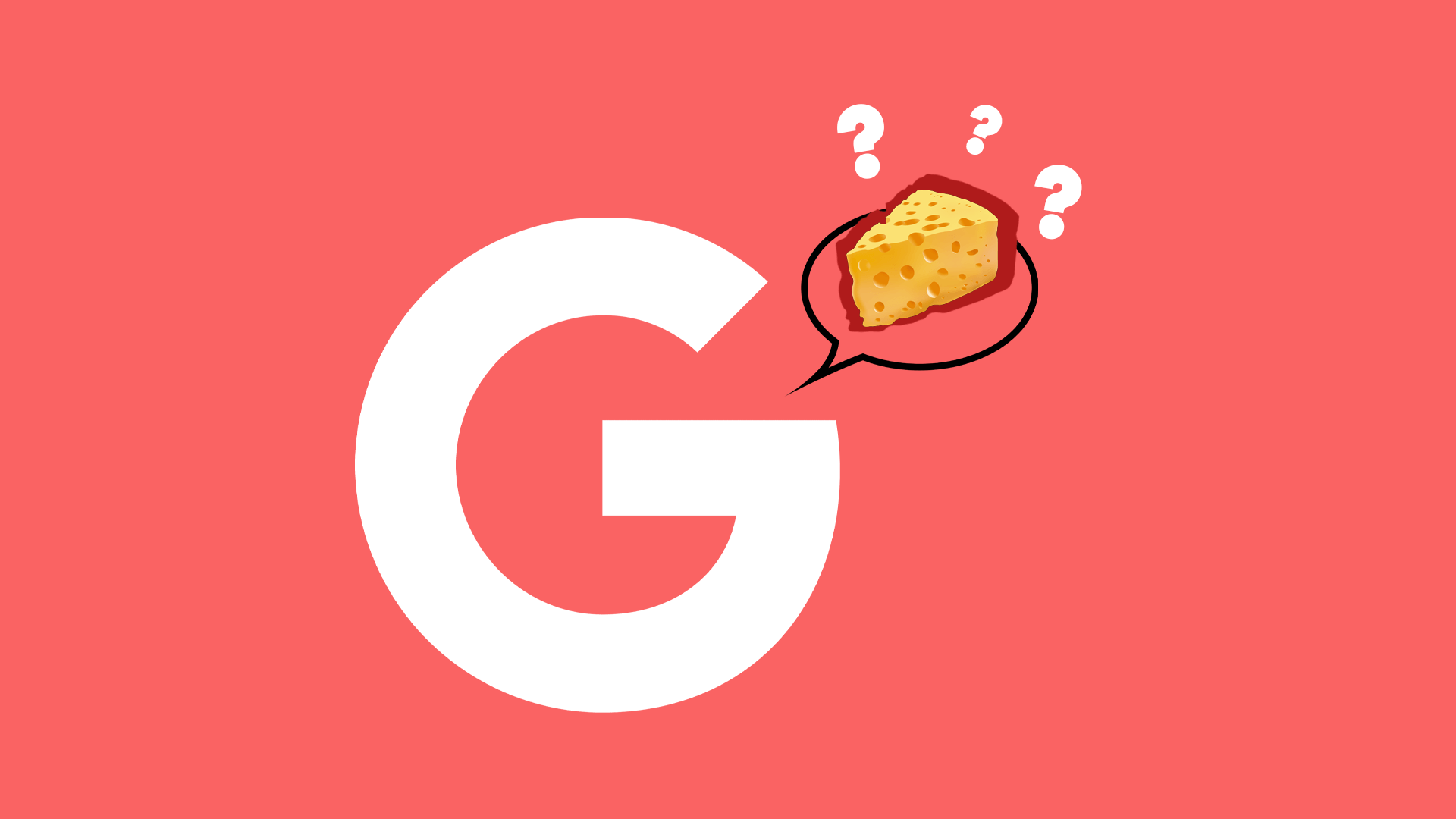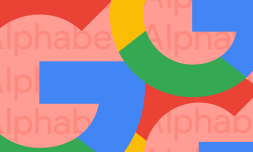In the first version of its latest advert for AI, Google’s Gemini can be seen providing incorrect information on cheese. It’s an excellent example of why we shouldn’t rely entirely on AI to do the thinking for us.
Honey, the Large Language Model (LLM) AI program is hallucinating again!
It looks like Google’s own AI model – Gemini 2.0 – has been playing up, and no actual human being within the company’s team thought to fact check its auto-generated copy. First reported by Ars Technica, it seems Google has scrubbed a mistake that was on blatant display during a demo of its AI writing assistant.
As part of this year’s Super Bowl advertisement, Google’s Gemini is asked to produce advertorial copy for Gouda cheese. The results that were originally shown as part of the ad presented Gemini writing incorrect information.
The copy that Gemini spits out reads: ‘Gouda is a Dutch cheese named after the city of Gouda in the Netherlands. It is one of the most popular cheeses in the world, accounting for 50 to 60 percent of the world’s cheese consumption.’
This grossly exaggerated statistic is false. According to Ars Technica, it appears this copy was directly lifted from the Wisconsin Cheese Mart website.
Apparently Google did not notice this error for a while, however. The original version with the mistake included was still viewable on YouTube until last Tuesday. Google then quietly removed the copy and replaced it with the phrase ‘one of the most popular cheeses in the world.’ The specifics facts were wiped clean.
This cheese advertisement was part of a wider campaign that showcased Gemini in 50 different ways, depending on which state you were watching the Super Bowl in. Wisconsin’s was specifically all about cheesemongers, hence all the dairy-related drama.
Travel blogger Nate Hake was the first to notice the error. They run an X account that notices mistakes in Google’s fact-checking and AI services called ‘Goog Enough.’
Google’s President of Cloud Applications, Jerry Dischler, posted in defence of the error and claimed that it was not an AI hallucination. Gemini’s data is ‘grounded in the web’ and was sourcing its statistics from other websites, meaning the specific number was presented incorrectly on other platforms.
If it wasn’t wrong, why did Google remove the stat from the video on youtube? pic.twitter.com/Jr4lraDFjJ
— Goog Enough (@Goog_Enough) February 5, 2025
Still, whether or not the direct cause is Google’s fault, it’s still not a good idea to regurgitate misinformation and present it as factual. Especially in your own advertisement for Gemini. It makes the limits of this still-rudimentary technology all the more obvious.
In fact, while AI is certainly impressive, it is still notorious for incorrect information. Google launched its ‘AI Overview’ service in 2024 and it has had serious negative effects on the reliability of information highlighted by a simple search. It is still plagued with errors and much work still needs to be done.




















